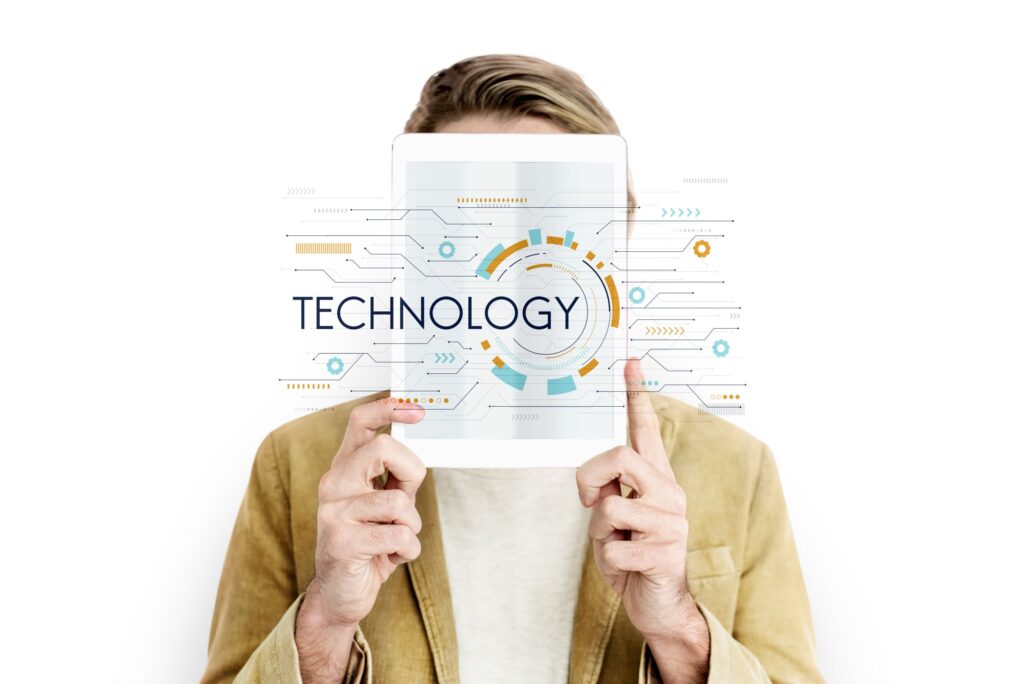GPS (Global Positioning System) technology has revolutionised the way people navigate and travel. Over the years, GPS technology has found its way into various industries, including transportation, healthcare and even personal use. As GPS technology continues to evolve, new trends are emerging that are transforming the technology’s capabilities and opening up new possibilities. In this blog, we will discuss the top seven emerging trends in GPS tracking technology.
Advanced Real-Time Tracking
Real-time tracking is one of the most significant trends in GPS technology. It allows you to track the location of assets or people in real-time, giving you accurate, up-to-date information. Real-time tracking provides many benefits, including improved security, increased efficiency, and better customer service. For example, logistics companies can use real-time tracking to keep track of their deliveries and ensure that they are delivered on time. Real-time tracking is also used in the healthcare industry to track patients’ locations in hospitals and nursing homes, ensuring that they receive the best possible care.
Artificial Intelligence Integration
Artificial intelligence (AI) is a growing trend in GPS tracking technology. It is being used to enhance the accuracy of GPS tracking and provide more detailed information about the location of assets or people. AI is also being used to analyse data from GPS tracking devices to identify patterns and trends that can be used to improve operations or reduce costs. For example, AI can be used to optimise delivery routes, reduce fuel consumption, and improve asset utilisation.
Mobile Applications
Mobile applications are becoming increasingly popular in GPS tracking technology. They allow users to track their assets or people from anywhere, using their mobile devices. Mobile applications provide many benefits, including ease of use, real-time updates, and improved visibility. For example, parents can use mobile applications to track their children’s location and ensure that they are safe.
Geofencing
Geofencing is a new trend in GPS tracking technology that allows you to create virtual boundaries around specific locations. When an asset or person enters or leaves the boundary, you receive a notification. Geofencing provides many benefits, including improved security, better asset utilisation, and reduced costs. For example, logistics companies can use geofencing to ensure that their assets are not lost or stolen.
Predictive Analytics
Predictive analytics is a growing trend in GPS tracking technology that uses historical data to predict future trends. It is being used to improve operations and reduce costs. Predictive analytics can be used to optimise routes, reduce fuel consumption, and improve asset utilisation. For example, logistics companies can use predictive analytics to predict delivery times and optimise routes to reduce fuel consumption.
Cloud Computing
Cloud computing is becoming increasingly popular in GPS tracking technology. It allows you to store data in the cloud, making it accessible from anywhere. Cloud computing provides many benefits, including improved scalability, reduced costs, and better security. For example, logistics companies can use cloud computing to store their data and make it accessible from anywhere.
Internet of Things
The Internet of Things (IoT) is a new trend in GPS tracking technology that allows devices to connect and communicate with each other. It is being used to improve operations, reduce costs, and enhance customer service. For example, logistics companies can use IoT to track their assets and ensure that they are delivered on time.
Integration with other technologies
As GPS tracking technology continues to evolve, it is increasingly being integrated with other technologies to provide even greater benefits. For example, some GPS tracking solutions now incorporate machine learning algorithms, allowing for more accurate tracking and predictive maintenance for vehicles and other equipment. Additionally, GPS tracking can be integrated with video surveillance and dash cameras to provide a complete picture of a vehicle’s movements and activities.
However, as GPS tracking technology becomes more widespread, there are growing concerns about privacy. While GPS tracking can provide many benefits, it also raises questions about who has access to the data and how it is being used. There have been instances where employers have used GPS tracking to monitor their employees’ movements outside of work hours, and this has raised concerns about the use of GPS tracking in the workplace. Additionally, there are concerns about the use of GPS tracking in personal vehicles and whether individuals have a right to privacy when it comes to their movements.
Conclusion
GPS tracking technology has come a long way in recent years and is now being used in a wide range of industries and applications. From logistics and transportation to personal safety and security, GPS tracking is providing valuable insights and information to help individuals and organisations operate more efficiently and effectively. GPS tracking is constantly evolving, and new trends are emerging that will transform the way businesses operate. The seven trends we’ve highlighted represent some of the most exciting and promising developments in GPS tracking technology. Whether it’s the growing use of AI and machine learning, the increasing availability of low-cost solutions, or the integration with other technologies, GPS tracking is poised to have an even greater impact in the years to come. As with any technology, there are potential drawbacks to consider, particularly when it comes to privacy concerns. However, with careful consideration and implementation, GPS tracking technology has the potential to provide tremendous benefits and transform the way we live and work.

